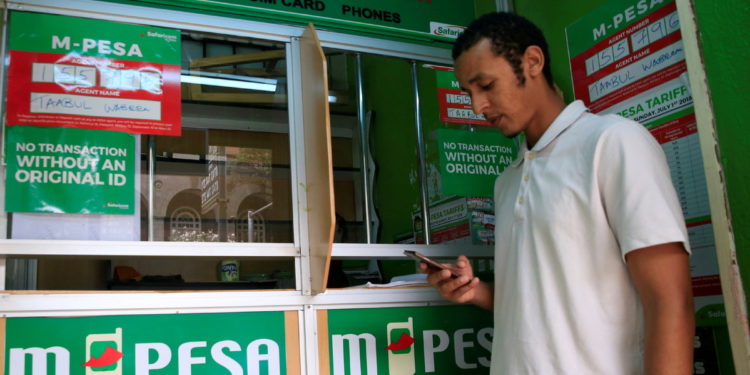Remittances to African countries are expected to reduce significantly due to the effects of the COVID-19 pandemic, according to a new report by the United Nations Economic Commission for Africa in partnership with the African Union Commission.
The report, titled “African regional review of implementation of the Global Compact for Safe, Orderly and Regular Migration”, projects that remittances to African countries will drop by 5.4 percent, from $44 billion recorded last year to $41 billion by the end of this year.
It said remittances are the primary source of national income for 25 African countries, all of which have large diaspora populations.
In some of the receiving countries, remittance accounts for 65 percent of income while senders spend an estimated 15 percent of their income on remittances.
Most of the money sent home by migrants is used for household consumption, education, hospital bills, and investments like real estate.
However, the report said the costs of sending remittances to Africa are some of the highest globally. “Until recently, average transaction costs were equivalent to 8.9 percent of the amount being sent for a remittance payment of $200,” the report said.
The report recommends that AU member states should support migrants and their families through the adoption of laws and regulations to facilitate the sending and receiving of remittances.
This can be achieved through fostering competition among banks and other remittance handling agencies with a view to establish low-cost transfer mechanisms.
The report also urged African countries to streamline the regulatory constraints associated with international money transfers, as well as engage destination countries to identify ways to enhance the provision of basic services to migrants in those countries.
It also calls on African countries to reduce the transfer costs associated with remittance payments among others, by making more extensive use of digital transfer solutions such as M-PESA.
M-PESA is a Kenyan mobile phone-based money transfer service, payments and micro-financing service.
Launched in 2007 by Vodafone Group and Safaricom, the largest mobile network operator in Kenya, the service has expanded to Tanzania, the Democratic Republic of the Congo, Mozambique, Egypt, Lesotho, South Africa, Ghana, Afghanistan and Ethiopia.
In the financial year ended March 2021, M-PESA cross-border transfers grew from $1.5 billion to $2.6 billion.
The report said the use of digital money transfer platforms reduces transfer fees in Africa by an average of 7 percent.
As the world enters an economic downturn, the report said remittance flows will be more important than ever for the poorest and most vulnerable people, especially those without access to economic and social safety nets.









